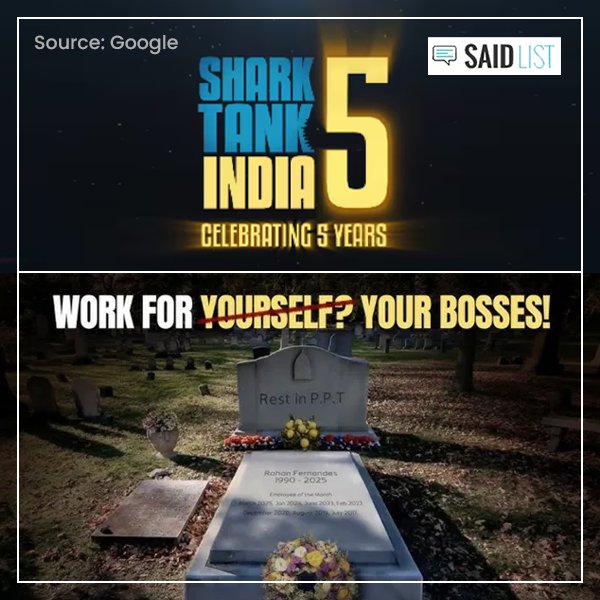India has long been a treasure trove of cinematic brilliance, with its storytelling resonating across cultures and continents. The Golden Globe Awards, an epitome of recognition for global cinema, has seen several Indian films grace its stage over the decades. Late last night, Indian filmmaker Payal Kapadia achieved a monumental milestone by becoming the first Indian director to receive a Best Director nomination for the 82nd Golden Globe Awards with her film All We Imagine as Light.
As the country celebrates her achievement, let’s explore the journey of Indian cinema’s tryst with the Golden Globes — a path paved with stories that defined and redefined the essence of filmmaking.
Pioneering Indian Films at the Golden Globes
Do Aankhen Barah Haath (1957): A Trailblazer
- Director: V. Shantaram
- Category: Winner of the Samuel Goldwyn Award (1959)
V. Shantaram’s Do Aankhen Barah Haath emerged as a trailblazer in the international film circuit. A story of redemption and rehabilitation, it narrates the transformative journey of six hardened prisoners under a kind-hearted jail warden. Its raw portrayal of human emotions earned global accolades, including the prestigious Samuel Goldwyn Award, establishing India’s cinematic prowess on the global stage.
Gandhi (1982): A Monumental Collaboration
- Director: Richard Attenborough
- Category: Multiple Golden Globe Wins
While technically a British-Indian production, Gandhi remains a monumental piece of storytelling showcasing India’s history. Starring Ben Kingsley, the film swept the 1983 Golden Globes, winning Best Director, Best Actor, Best Screenplay, and Best Foreign Film.
Indian Films Highlighting Social Realism
Salaam Bombay! (1988): Grit and Reality
- Director: Mira Nair
- Category: Nominated for Best Foreign Film
Mira Nair’s Salaam Bombay! was a gut-wrenching tale of Mumbai’s underbelly, showcasing the lives of street children with unflinching honesty. Its Golden Globe nomination was a turning point, proving that realistic Indian storytelling could captivate global audiences.
Monsoon Wedding (2001): A Celebration of Culture
- Director: Mira Nair
- Category: Nominated for Best Foreign Film
Nair’s second entry at the Golden Globes, Monsoon Wedding, beautifully juxtaposed tradition and modernity. Though it didn’t win, its vibrant portrayal of family dynamics remains a cinematic classic.
Blockbuster Indian Films at the Golden Globes
Slumdog Millionaire (2009): India’s Global Triumph
- Director: Danny Boyle
- Category: Best Motion Picture – Drama and Three Other Wins
Set against Mumbai’s bustling streets, Slumdog Millionaire captivated audiences worldwide. A.R. Rahman’s Golden Globe win for Best Original Score marked a historic achievement, and the film’s four-category sweep showcased India’s cinematic essence.
RRR (2022): A Spectacle of Grandeur
- Director: S.S. Rajamouli
- Category: Best Original Song
RRR redefined Indian cinema’s global appeal. The electrifying song “Naatu Naatu,” composed by M.M. Keeravaani, became a cultural phenomenon, winning the Golden Globe for Best Original Song and later an Academy Award.
A New Era: All We Imagine as Light (2025)
- Director: Payal Kapadia
- Category: Best Director (Motion Picture) and Best Motion Picture (Non-English Language)
Payal Kapadia’s All We Imagine as Light marks a historic achievement, earning two Golden Globe nominations. Exploring themes of identity and belonging, the film symbolizes hope for Indian filmmakers aiming for global recognition.
The Legacy of Indian Films at the Golden Globes
The journey from Do Aankhen Barah Haath to All We Imagine as Light highlights the evolution of Indian storytelling on the global stage. Each nomination and win reflects India’s rich narratives and diverse artistry, leaving an indelible mark on audiences worldwide.
Final Thoughts: Indian Cinema’s Global Aspirations
The Golden Globes celebrate the power of storytelling, and Indian films continue to break barriers and reshape perceptions. With All We Imagine as Light competing on January 6, 2025, it stands as a testament to how far Indian cinema has come — and how much further it can go.
Let’s applaud these cinematic milestones and look forward to more historic wins that unite audiences through the universal language of film.











